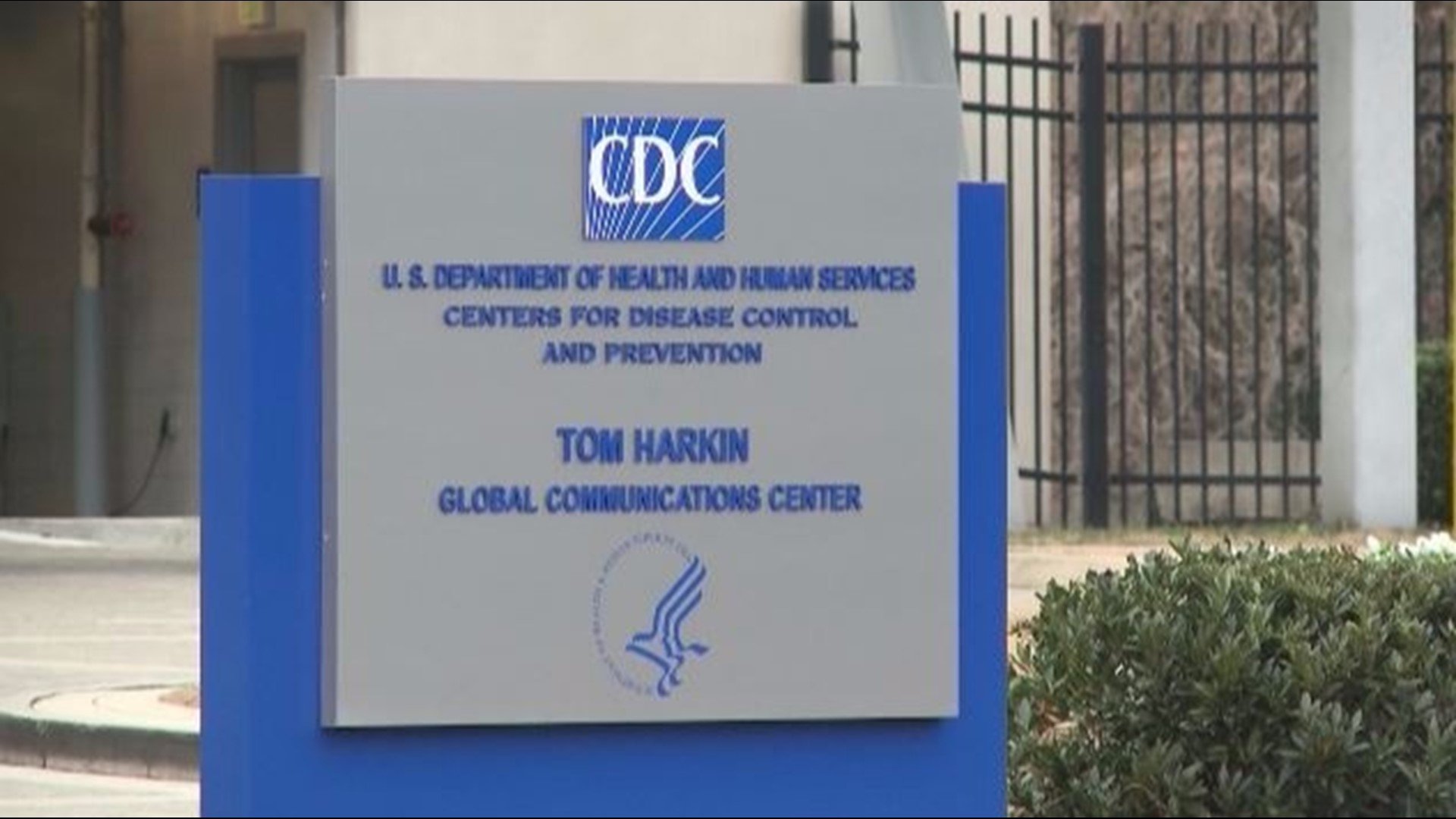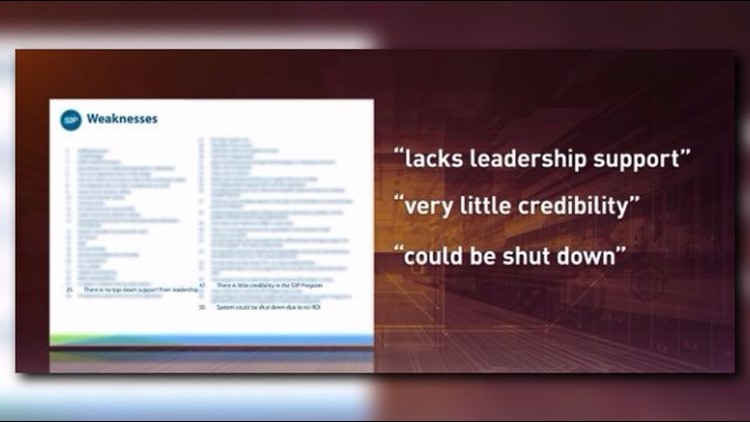CDC wastes millions on failed project while GA health program funding reduced
<p>The CDC wasted millions of dollars on an IT project that will never see the light of day, an 11Alive investigation reveals. </p>

ATLANTA - The CDC wasted millions of dollars on an IT project that will never see the light of day, an 11Alive investigation reveals. While the agency continued to pay the vendor hired to launch the project, records show it reduced funding to some of Georgia's most important health programs.
It started in 2010 when the agency hired the company TrueTandum to build a program called “S3P.” The program was supposed to allow CDC scientists to submit and propose projects, share studies, data and other information.
CDC spokesperson Kathy Harben says the agency wasn’t aware of significant issues until it attempted to launch the project in January 2016. Even after the launch revealed problems, it continued to pay TrueTandum for eight months, totaling $721,744. Harben says the agency was contractually required to continue paying TrueTandum until September 2016 even though the project was suspended.


In all, the agency says it invested slightly under $15 million in the project, $5.6 million of that cannot repurposed.
William Perry is the founder of Georgia Ethics Watchdog. “I don’t think you have to be an expert in IT or any other field to realize based on what I read that it was a colossal waste of money,” said Perry.
The 11Alive Investigators uncovered the failed project after obtaining a March 2016 internal report, where staff wrote “S3P lacks leadership support;” has “very little credibility” and “could be shut down.”
The CDC didn’t make it easy to get the report, despite sending multiple records requests. The report is called a SWOT, which stands for strengths, weaknesses, opportunities and threats. The CDC hired a consultant to produce the SWOT. When the 11Alive Investigators first requested the report, the CDC claimed it didn’t exist for nearly a month.
“That behavior is the most troubling thing, it’s the biggest red flag,” said Perry.
Harben disagrees with lack of transparency claim. “Regarding the delay in getting the SWOT analysis, analysis, we first provided you with the assessment because we thought that was the report you were seeking. It wasn’t until later that we learned of the SWOT presentation,” said Harben
The CDC administrator in charge of the program was Jim Seligman, Chief Information Officer.
At first, the agency agreed to set up an on-camera interview with Seligman, confirming in an email - “early afternoon on Friday, Jan. 13.” The day before the interview, Harben canceled the interview.
The 11Alive Investigators caught up with Seligman while walking his dog in Decatur earlier this month. When asked about the project, the CIO said he couldn’t discuss S3P because he was running late for work. “I have a card from our press officer that I can give you, but it’s in the house,” said Seligman.
While the agency spent years wasting millions on a project that will it will never use, the CDC reduced funding some of Georgia’s most important health programs in 2016.
According to Georgia’s Department of Public Health, the CDC cut $781,000 from state programs in 2016. The majority of that came from HIV prevention.
Nicole Roebuck is the director of AID Atlanta. The HIV outreach organization receives 80 percent of its funding comes from the federal government.
Over the past few years, she’s seen a big drop in HIV prevention funding, while HIV rates in Atlanta remain one of the highest in the country.
“The epidemic his huge here,” said Roebuck. “This disease is not controlled and we have to put funding into these services to get it under control.”
According to one CDC study, one in two African American gay men will contract HIV in their lifetime.
The CDC says funds for S3P could not have been spent on prevention programs. Harben says IT and infrastructure dollars cannot be re-appropriated to prevention programs.
Roebuck says if her organization wasted federal funds as CDC did on S3P, she’d be out of a job. “I’ll tell you what, if funded agencies like AID Atlanta had a similar result …I’m thinking my dollars are going to be removed from my agency because I didn’t produce,” contends Roebuck.
“They certainly hold accountable the groups they give grants to, so they themselves need to be held accountable and somebody needs to answer as to what happened and why and what the consequences are,” said Perry.
Harben says the no one at the CDC has been reprimanded or disciplined for the failed project.










